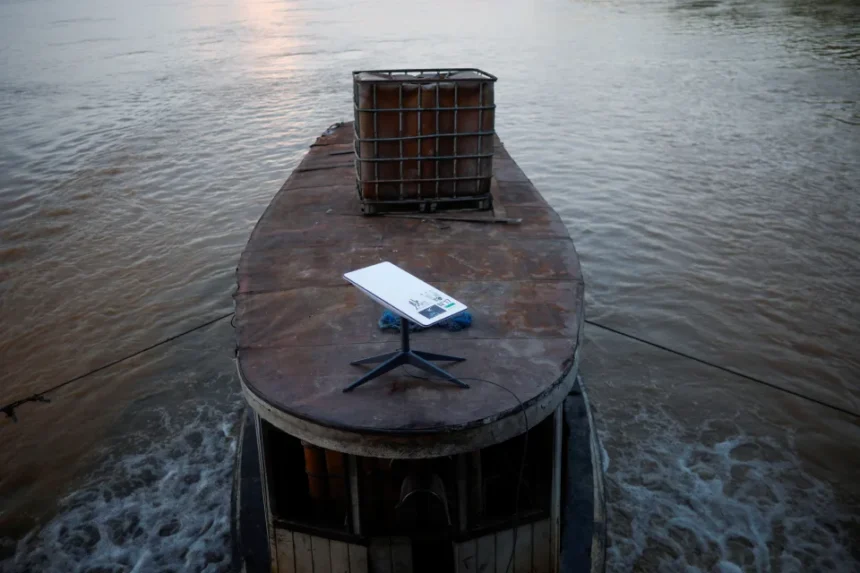The company said it will provide free internet service to Brazilian customers while its local bank accounts remain frozen.
Brazil’s Supreme Court recently ordered all internet service providers to block access to X (formerly known as Twitter), plunging the platform into near-total darkness across the country by Sunday night. While most Brazilians found themselves cut off from the platform, those determined to stay connected turned to VPNs—risking hefty fines in the process—or Starlink, the satellite internet service operated by none other than Elon Musk, who also owns X.
The ongoing saga took a dramatic turn when the president of Brazil’s telecom regulatory agency, Anatel, revealed that Starlink had refused to comply with the court’s directive to block access to X. The reason? Starlink’s assets in Brazil had been frozen, and the company made it clear that it wouldn’t adhere to the court order until those assets were released, according to a report by The New York Times.
The Supreme Court justice at the center of this controversy, Alexandre de Moraes, has been relentless in his crackdown on X, accusing the platform of spreading hate speech and disinformation. As part of his efforts, Moraes took the extraordinary step of freezing Starlink’s local bank accounts, hoping to collect $3 million in fines that had been levied against X for repeatedly ignoring his orders to block certain accounts.
Starlink didn’t take this move lying down. The company petitioned the court to unfreeze its assets, but the request was swiftly dismissed. Musk, in turn, labeled the account freeze “illegal,” arguing that SpaceX and X are distinct entities, despite owning a 40% stake in the former.
With approximately 250,000 Starlink customers across Brazil, many of whom reside in remote rural areas or among Indigenous communities in the Amazon, the satellite service has become indispensable. In a bold move, Starlink pledged to continue providing free internet access to its Brazilian customers while its accounts remain blocked, further deepening the standoff with authorities.
However, this defiance comes with significant risks. Should Starlink continue its noncompliance, Brazil could revoke the service’s operating license. Even more drastic measures could follow, including the potential seizure of equipment from 23 ground stations that enhance Starlink’s satellite connections in the region.
As tensions escalate, the Brazilian Supreme Court remains steadfast. A majority of justices upheld Moraes’ initial ban on X during a trial on Monday, reinforcing the decision that stemmed from Musk’s ongoing defiance of the court’s orders. While X has the right to appeal, the ruling also introduced a new layer of enforcement: a daily fine of 50,000 Brazilian Real (approximately $8,900) for anyone caught using a VPN to access X in Brazil.
This unfolding legal and financial battle between Brazil’s judiciary and one of the world’s most powerful tech moguls sets the stage for a high-stakes confrontation. As the dust settles, the question remains: who will blink first in this unprecedented showdown?










